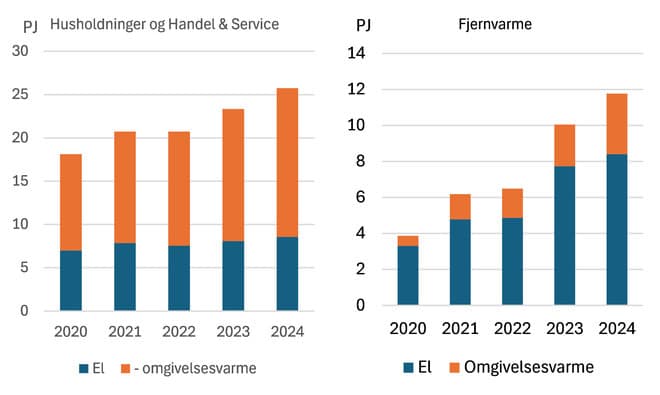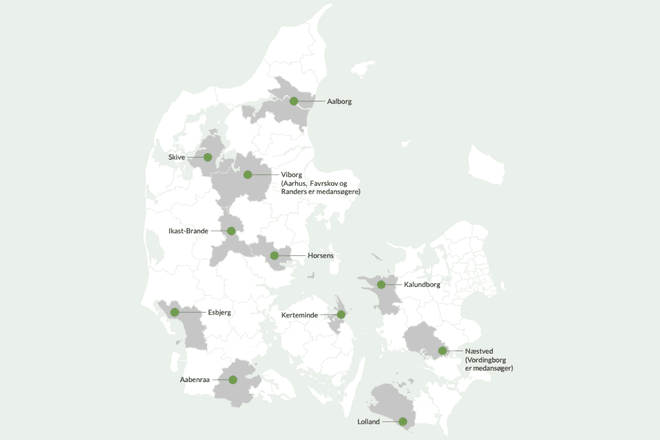
On October 1, electricity prices changed from being set every hour to changing every quarter. However, the new calculation method mainly applies to companies, as the majority of private electricity customers are still billed based on hourly values. This has led to speculation about whether hourly billing is an economic bet for private customers.
However, a new analysis from the Eastern Danish network companies Cerius-Radius shows that this is not the case. According to the analysis, there would be no significant economic gain for private customers, even if they were billed with hourly values. Cerius-Radius says this in a press release.
The analysis is based on data from more than 100 private customers' consumption in the first weeks of October. The results show that the electricity bill would be 0.01 percent on average. higher with quarter-hour billing than with hourly billing.
- You have to be careful not to say anything definitive after such a short time, but our analysis shows that there is not a great economic gain associated with private customers spending energy on organizing their consumption according to quarter-hour billing. These are tiny differences between the two billing methods. Roughly every second person has a small gain from the new billing method, while the other half would find it a little more expensive, says Cäthe Bay-Smidt, head of Cerius-Radius.
She adds that although at the beginning of October there have been price fluctuations of more than 50 øre per kilowatt-hour for about a tenth of the hours, this has not had any significant effect on private customers' electricity bills. According to the analysis, the differences are too small for customers to achieve noticeable savings by shifting their consumption within quarters rather than hours.
- Even though the price of electricity goes up and down, private customers' consumption is so low that it is almost impossible to make a big profit by being billed with quarter values instead of hourly values. It doesn't really make sense to move the start of the dryer or washing machine when it runs for an hour or more anyway. There is much more to save by turning down consumption and avoiding the most expensive hours, which are typically in the late afternoon and early evening, says Cäthe Bay-Smidt.
amp
Text, graphics, images, sound, and other content on this website are protected under copyright law. DK Medier reserves all rights to the content, including the right to exploit the content for the purpose of text and data mining, cf. Section 11b of the Copyright Act and Article 4 of the DSM Directive.
Customers with IP agreements/major customer agreements may only share Danish Offshore Industry articles internally for the purpose of handling specific cases. Sharing in connection with specific cases refers to journaling, archiving, or similar uses.
Customers with a personal subscription/login may not share Danish Offshore Industry articles with individuals who do not themselves have a personal subscription to Danish Offshore Industry.
Any deviation from the above requires written consent from DK Medier.





















